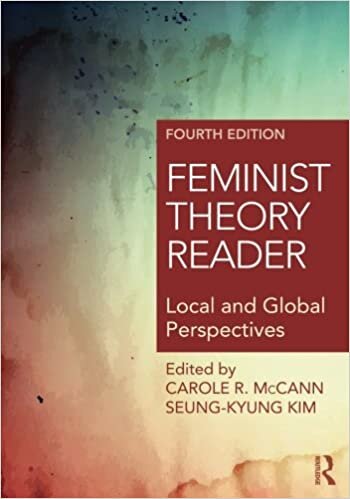Summary: Anzaldúa, “Towards a New Consciousness”
Editor’s Note: For this assignment, I needed to read and summarize the published piece or content listed below, and then provide a response or assessment of the writing.
Summary
Anzaldua introduces philosopher Jose Vascocelos’ idea of the fifth race, or the cosmic race, as one that embraces the four major races of the world. She explains that the mestiza is torn between rigid biological cultures that creates ambivalence and leads to violence. To thrive, the mestiza must embrace the ambivalence and erase the borders that created her identity. This mestiza consciousness allows someone with a multicultural background to openly accept all parts of their creation, even if those parts may have previously conflicted with one another. The mestiza consciousness leads to peace and an end to violence because people are accepting of one another in their entirety. Anzaldua believes that the mestiza woman has no specific home because every country is a part of her. She grows stronger by learning about others and embracing them. She is a solid figure of feminism. The mestiza must also help others learn that their brutality stemming from discourses must end, whether it’s Mexican men’s misogynistic behavior or white people’s struggle for power over minorities. She also states that Chicana women must acknowledge their shortcomings and put an end to them because their behavior is helping to enable the negative behavior of other people, both in their lives and in the world. Anzaldua believes these inner changes must be made before any outer changes will be visible.
Response
Anzaldua’s chapter was an interesting read because it gave the perspective of a minority woman who also happens to be a lesbian. She explained the difficulties she has encountered because of these two identities. I think the part of this chapter that struck me the most was how Anzaldua pointed out that her Chicana culture rejects classes or categories of people in much the same way other cultures reject classes or categories of people. She stated that her home country basically exiled her because she’s a lesbian. She points out what seems obvious—that queer people are a part of every culture—and implores her culture to see that inclusivity of queer people will help everyone, starting with ending a discourse of hate directed toward queer people. This struck me because, except for radical Islam in the Middle East, I don’t ever hear of people within other cultures outside of the U.S. outright rejecting people of any specific category. Perhaps I’m just not listening to the right discussions and maybe people are talking about this issue, but I think it’s important for people to realize that prejudice is not an issue limited to the U.S.; rather, it’s a human problem that can be found in, presumably, all cultures around the globe. Equally interesting to me was Anzaldua’s discussion about how Chicana women who have multiple ethnic backgrounds feel conflicted about choosing and showing loyalty to only one of those ethnicities. I know this problem exists within the U.S. for some groups of people, but again, it’s not something I hear about with any regularity. Based on this chapter, the ambivalence created by ethnic multiplicity seems more prevalent within Anzaldua’s culture. Anzaldua seems to recognize that these issues are not limited to only her culture or certain cultures around the world, and that this is a human issue that affects all people when she ends with an emphasis on rejected categories of people. Although she is talking about Chicana women and queer people when she states that they must work to put an end to the identity-based discourses that permeate the world’s population, I think her message could easily be applied to every person who has ever been rejected by society for their personal identity.
The other part of Anzaldua’s message that I thought was interesting was her belief that Mexican people should not reject white people and their efforts to help the people of Mexico. She clearly thinks that white people are capable of treating Mexican people with the equality and respect she envisions, but she also clearly thinks white people need to be fully educated on how to effectuate the process to that result. I’m not sure that her demand for public restitution and admitting that Mexico is just like the U.S. is an efficient or effective route to take with that endeavor, but she seems to have well-intended thoughts. To me, the idea of perpetuating identity politics is what continues to divide people, both within the same country and between multiple countries. I think if people look at each other as humans rather than identities, many of the issues in the world today will begin to dissolve.
